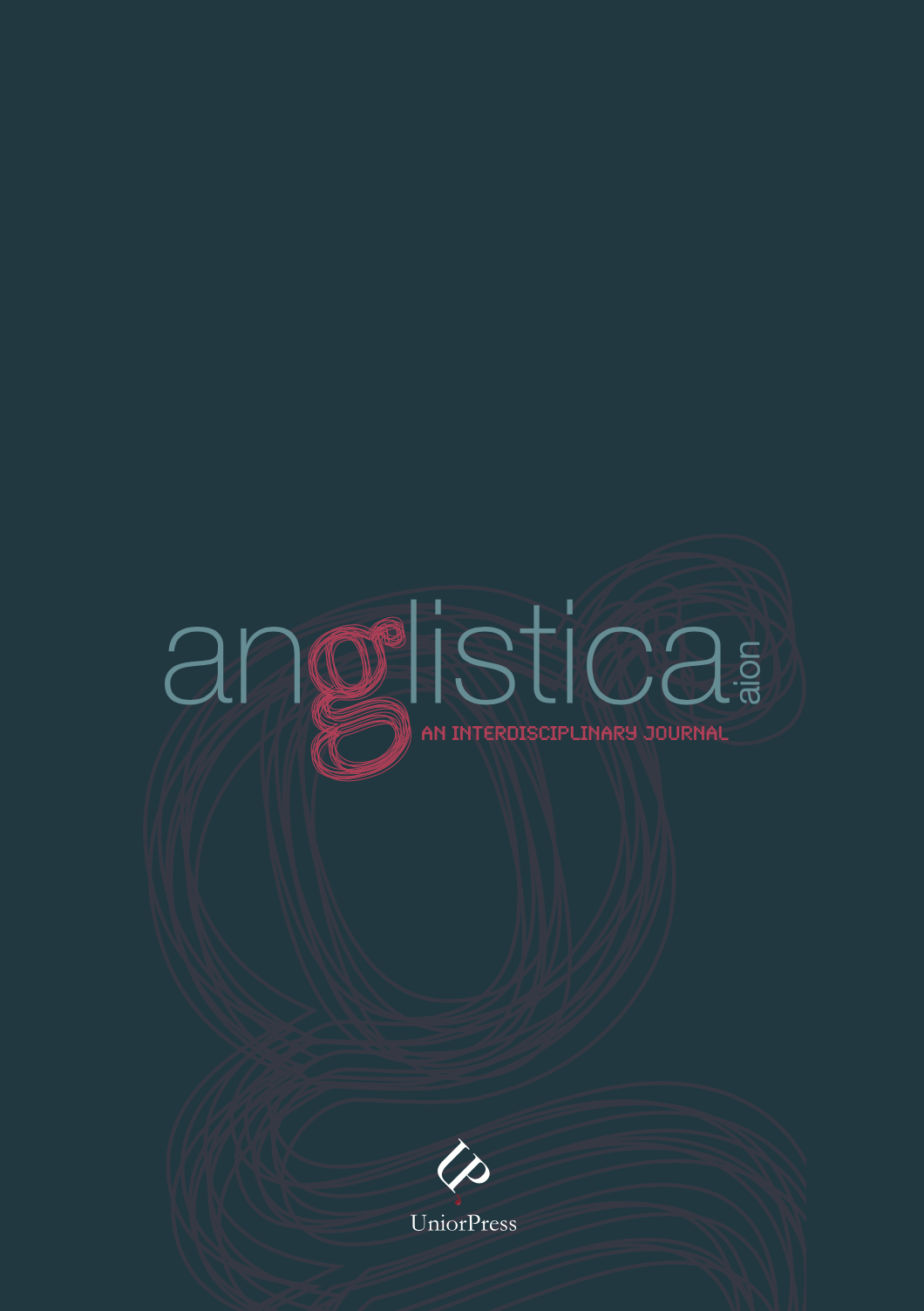Spelling out Resistance
Dub Poetry and Typographic Creativity
Abstract
Since the 1960s, the emergent textualization of Jamaican Creole through music, folklore and ‘dialect verse’, and the concurrent process of cultural nation-building stemming from independence in 1962, has called for a debate on the ‘Jamaican vernacular’ and its standardisation, focusing in particular on the political implications of orthography. This paper will explore the issue of standardization of written Creole in Jamaica and in the UK, and will investigate how different spelling choices are intended to signal symbolic difference. In particular, it will focus on dub poetry as an interesting area of research on the textualization of Jamaican and British Creole, referring to the ideological implications embedded in its written re-production in orality-related texts like performance poems.
While dub poets such as Linton Kwesi Johnson and Jean Breeze recognize the material conditions which bring them to adopt a system more easily acceptable for an audience whose first literacy is English, the contention of this paper is that they also perform powerful ‘creative interventions’ on the conventional orthographic system. By strengthening a sense of identity which resists any pressure for standardization, they promote creativity while freely using and deliberately modifying the colonial orthographic standard. Equally aware of the danger of proclaiming a supposed ‘standard Creole’, they also shun the risks of turning textualization into a tool for fixing the written conventions of Creole. As if to resist any claim of authenticity or ‘correctness’, dub poets thus constantly displace their text and their voice, moving away from the dangers of standardization like clever tricksters.


